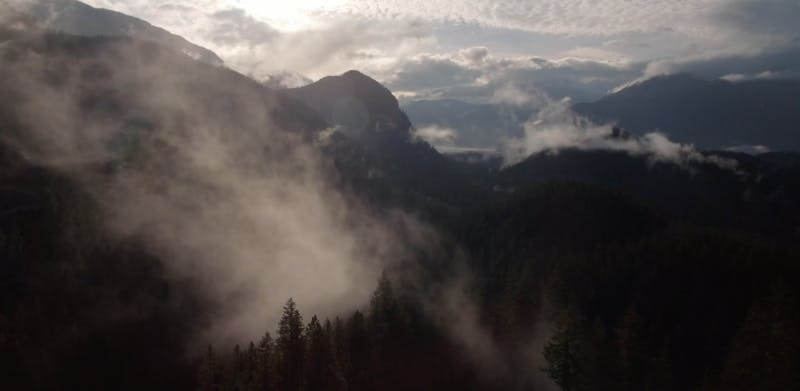
Investors must buy minimum 1,500 shares, worth $21,000 to $22,500
By Jesse Ferreras
Investors and underwriters are evaluating the prospects for Whistler Blackcomb Holdings Inc., with the share price for the $300 million offering expected next week.
A settlement date for the public offering, which was announced last week, is expected in early November. At that time investors will take delivery and pay for their shares. Fortress Investment Group, the sellers in this offering, also have the ability to stop the public sale in advance of this date.
The share price is expected to be $14 to $15 with a 6.5 to seven per cent dividend yield.
Anyone hoping to invest in the company will have to buy a minimum of 1,500 shares, which could cost anywhere from $21,000 to $22,500 at the expected price.
No one investor, aside from Intrawest or Nippon Cable, is allowed to own more than 10 per cent of the company, as per a prospectus filed with Canadian securities regulators. It’s estimated that 37 million shares are up for purchase, with 21 million of them going out to the public.
Alexandre Heath, a chartered financial analyst in Vancouver, said this week the underwriters will likely market the company to clients who manage funds.
“This isn’t like going to your average Joe investor,” Heath said. “They’re not coming to me or my parent. They’re going to pension fund managers, insurance companies, guys who have lots and lots of money. The mutual funds, they’re going to buy $10 million worth, stick it in the fund, and then it’s just part of the portfolio.
“One meeting you’re basically seeing 10,000 investors, even though you’re seeing one guy, because he’s in charge of the fund.”
James Brander, a professor at UBC’s Sauder School of Business, said individuals can buy shares in the company after they’re listed on the Toronto Stock Exchange (TSX). Some people who purchased shares at the time of the initial public offering (IPO) will later make them available for resale on the TSX. Individuals can buy them any time after they’re listed, much as they would any publicly-traded stocks.
Brander said the stock value will change once it becomes public, adding that stock prices usually rise in the first day or two after an IPO.
Martin Pykkonen, a senior analyst with Denver-based firm Wedge Partners who normally follows Vail Resorts, said Whistler Blackcomb has a great reputation as a ski resort but that there are two things hampering its value. First is that it’s already built out from a real estate standpoint.
“A company that’s going to be owning land along with the mountain itself, there’s limited ability to add on to that. I’m saying that in contrast to Vail Resorts,” Pykkonen said. “They want to be able to develop condos and other things around it. From the base of the mountain standpoint, Whistler is pretty well spoken for.”
The other factor that could hamper share price is the weather.
“If it’s a great ski season and they get a great story to tell, that can help,” Pykkonen said. “If it’s a case of they’re not on the road until February and it’s raining there, that can create more of a problem because more people interested in buying the stock, they can say you have a lot of weather risk because you’re not having a good weather year.”







